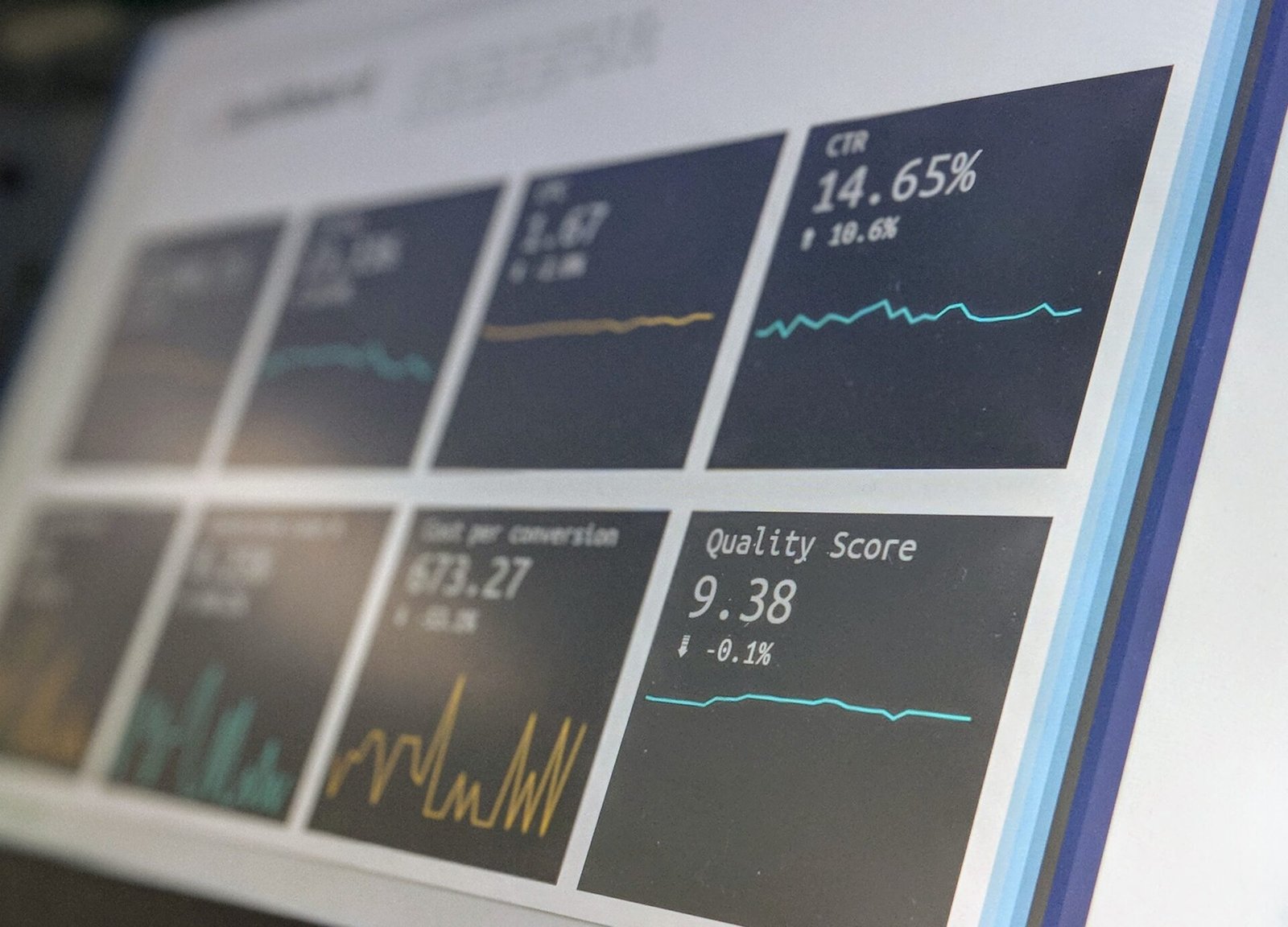Interest rates can have a significant impact on the stock market, as they influence the cost of borrowing, investment decisions, and the overall economic environment. Here are several ways interest rates can affect the stock market:
1. **Cost of borrowing**: When interest rates are low, borrowing becomes cheaper for businesses and consumers. Lower borrowing costs can encourage businesses to invest in expansion projects, research and development, and capital expenditures. This increased investment can lead to higher corporate profits, which in turn can drive stock prices higher.
2. **Discount rate**: Interest rates affect the discount rate used to value future cash flows from stocks. A higher discount rate reduces the present value of future cash flows, which can lead to lower stock prices. Conversely, a lower discount rate increases the present value of future cash flows, potentially leading to higher stock prices.
3. **Competing investments**: Investors compare the returns from stocks to the returns from fixed-income investments such as bonds. When interest rates rise, the yields on bonds increase, making them more attractive relative to stocks. As a result, investors may shift their investments away from stocks and into bonds, putting downward pressure on stock prices.
4. **Consumer spending and borrowing**: Interest rates influence consumer spending and borrowing behavior. When interest rates are low, consumers are more likely to take out loans for major purchases such as homes and cars. This increased consumer spending can boost corporate profits and drive stock prices higher. Conversely, higher interest rates can discourage borrowing and spending, which may negatively impact corporate earnings and stock prices.
5. **Inflation expectations**: Interest rates are often adjusted by central banks in response to inflationary pressures. Higher interest rates are used to combat inflation by reducing consumer spending and borrowing. However, higher interest rates can also slow economic growth, which may have a negative impact on corporate earnings and stock prices.
6. **Market sentiment**: Changes in interest rates can influence investor sentiment and market psychology. For example, if central banks raise interest rates unexpectedly, it may signal that policymakers are concerned about inflation or economic overheating, which could lead to a selloff in stocks as investors adjust their expectations for future earnings and economic growth.
Overall, the relationship between interest rates and the stock market is complex and multifaceted. While lower interest rates generally tend to be supportive of higher stock prices, other factors such as inflation, economic growth, and investor sentiment also play important roles in determining stock market performance.


Be First to Comment